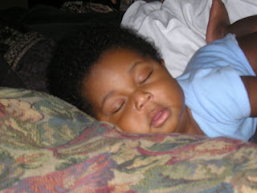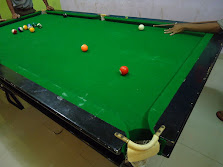After years of writing for children I decided to make a
change and write a crime novel for adults.
It is different in some ways, but in others not so very different after
all. Set in a school, various crimes
occur, escalating as the days go on.
And, just as in a book for children, I need to get the times and the
dates right. I remember when writing one
of my earlier books I suddenly realised that the two children having the
adventure had gone for about 36 hours without food or sleep, and without
grumbling about it! (Luckily I spotted
this before I wrote the second draft, and made sure they had the right number
of hours in a day.)
Timelines and datelines can be crucial: my current book is
set in a school, so there must be five days in the school week – unless of
course it’s the beginning of term, in which case I have a little more leeway. And then there’s a weekend. This, if I’m not very careful, can play havoc
with the plot, as I’m discovering. I tried
setting the whole book three days earlier than I’d intended, which gave me a
weekend when I needed it – only to find that threw up other complications which
I hadn’t foreseen, eg X couldn’t have happened on Friday because Y wouldn’t
meet Z until the weekend. So weekends
coming at the wrong time can be extremely annoying for a writer!
As we all know, the timespan of a book can vary from a day (sometimes less than a day) to weeks, months, years even. And again what we don’t want is a week of seven – or even more – school days and no weekend. Some things need to happen during the school week, while others need to happen at the weekend. It’s horribly easy to tie yourself in knots trying to sort it all out.
I tried, as one writer friend suggested, writing all the
different scenes (crimes or otherwise) on separate cards and spreading them out
on the table, then moving them around.
But I found that needed too much space – or at any rate, more than I had
available. (That was when I remembered
seeing Robert Harris on television spreading out all the notes for his current
book on a billiard table, and wishing I had a billiard table to hand!)
Now I’ve written myself a calendar stating exactly what happens on which day, and how many of them are moveable. Have too many things happened on one day? How many is too many? Could I change one character’s visit to a phone call? That would take up less time. And again, pace is important. Too many things happening at breakneck speed could be really exciting – in the right sort of book. On the other hand it may feel too rushed, so the poor reader never gets a chance to catch his/her breath. We need to get a good balance. And the occasional breathing space.
Well I’d better get back to it. I’m currently suffering from my second bout
of the dreaded Covid, so haven’t done as much to my book over the last few days
as I’d planned. This means I’ve got some
catching up to do – so the weekend coming when it did has been most useful. I knew I had to get my Blog written and posted
by today (the 13th), ready to appear on the 14th, and
very luckily today I’m beginning to feel a little better.
So this weekend came at exactly the right time for this
writer!
Website: www.lynnebenton.com
Last book:
Billy and the Queen (published Amazon)



.jpg)


2 comments:
This always happens with me. But I find as I work my way through the story that going back and listing the chapters every so often helps. I list the major incident for each chapter. And I do this over and over and over again. It helps bring the story into focus, but it also makes me keep control of the passage of time.
Nice to have a billiard table, though.
Goodness! Sounds mind-boggling!
Post a Comment